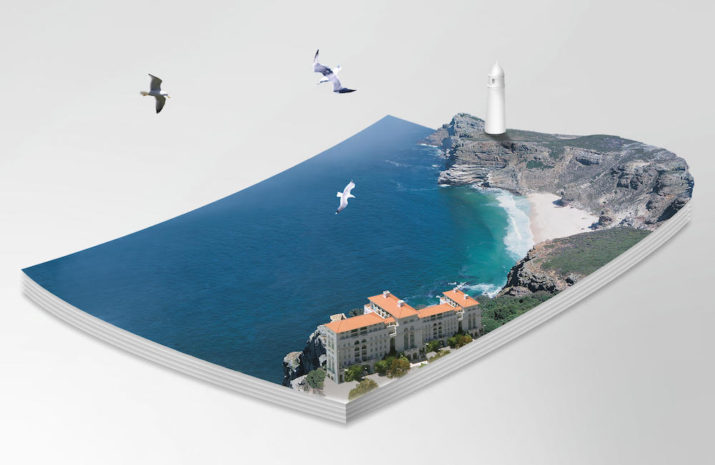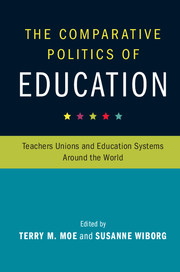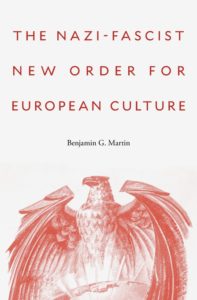

The Comparative Politics of Education: Teachers Unions and Education Systems Around the World
by Terry M. Moe and Susanne Wibor
Publisher: Cambridge University Press
Recommended by Julian Garritzmann
Education is more important than ever. Policy-makers constantly discuss their countries’ education policies and education systems. Yet, political scientists–with few noteworthy exceptions–still hardly study education policies. This is particularly true for teacher unions. While the role of teacher unions has been studied extensively in the U.S., their influence on education systems remains a terra incognita in Europe. Moe and Wiborg’s edited volume The Comparative Politics of Education (2017) tries to counter this gap. Their detailed case studies of teacher union influence in Europe, the United States, as well as Japan, Mexico, and India offers an encompassing and thorough analysis that contributes considerably to our understanding of the politics of education. A must-read for anyone interested in education.
 The Nazi-Fascist New Order for European Culture
The Nazi-Fascist New Order for European Culture
by Benjamin G. Martin
Publisher: Harvard University Press
Recommended by Louie Dean Valencia-García
Creating a more unified European culture is not a new project—and it most certainly has not always belonged to the Left. Bringing new life to a well-trodden path, Benjamin Martin makes the assertion that Nazi Germany and fascist Italy’s 1936 alliance depended on their desire to upend the liberal international order—even more so than their shared anticommunism. Despite well-known Nazi sentiments that were largely anti-internationalist, this vision of a new world order was accompanied by an “international vision of cultural order.” The extreme right across the continent attempted to transform European culture into one that agreed with the Nazi-fascist hegemonic order through cinema, music, and literature. The Nazi-Fascist New Order for European Culture shows how conservatives feared both the shift away from European classical standards of taste and the swing toward Hollywood and jazz culture. This thoroughly researched book shows how Nazi Propaganda Minster Joseph Goebbels’ Reich Chamber of Culture and Italy’s Fascist Confederation of Professionals and Artists both operated through censorship but also through patronage. These organizations celebrated “Europe’s high-cultural values and achievements with a nationalist and anti-Semitic vision of Europe as composed of “pure” national traditions.” A timely contribution, the work challenges how we think about European cultural projects both historically and today.
 Green Landscapes in the European City, 1750–2010
Green Landscapes in the European City, 1750–2010
Edited by Peter Clark, Marjaana Niemi, Catharina Nolin
Publisher: Routledge
Recommended by Hélène B. Ducros
In this book, the rural-urban continuum and the relationship between nature and the city are questioned. While some have pointed to the degreening of the countryside, this edited volume paradoxically focuses on greening initiatives in several European cities. By tracing the history of urban greenscapes in Europe since the mid-18th century, the interdisciplinary collection of essays highlight the complex processes by which they have been produced. As green spaces continue to be at the center of urban politics, diverse approaches to “green” play out. Through a series of historical case-studies, the book identifies different types of urban greenery that are caught in a web of discourses over sustainability, social relations, identity, planning policy, gender, social justice, economics and leisure. In contrast to the debates that have emerged about “rurbanites” and “neo-rurals” who increasingly repopulate the countryside in parts of Europe, making the rural more urban, this book shows that conversely the city has also brought the countryside to its neighborhoods under various forms.
Published on January 5, 2017.




